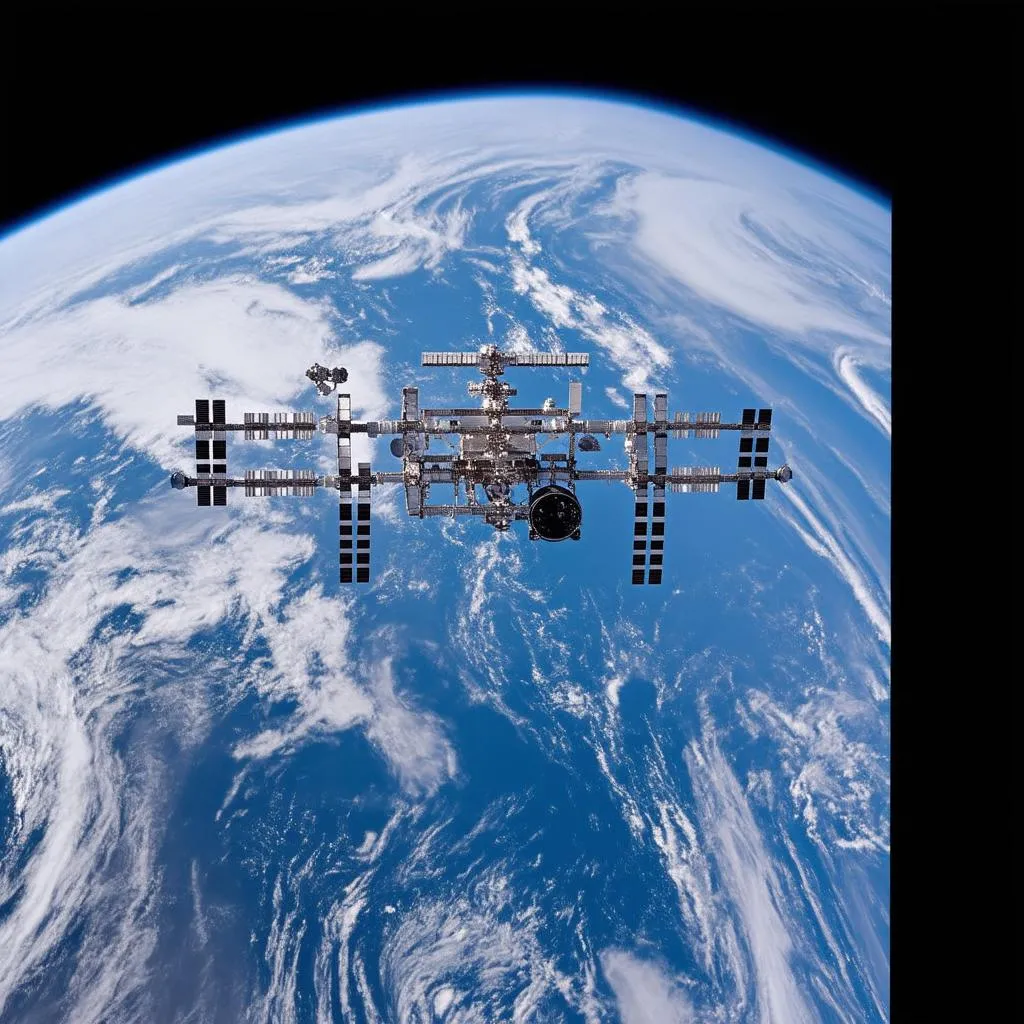Have you ever gazed up at the night sky, mesmerized by the twinkling stars and wondered, “How fast do those rockets actually travel to reach such incredible distances?” It’s a question that sparks the imagination and takes us on a journey into the realm of space exploration. Just imagine the thrill of blasting off from Earth, leaving behind the familiar pull of gravity, and hurtling towards the unknown!
Understanding Rocket Speed
Before we dive into the specifics, let’s clarify that rocket speed is a complex topic. It’s not like driving down a highway where you have a fixed speed limit. A rocket’s speed constantly changes depending on various factors:
- Destination: Are we talking about reaching low Earth orbit like the International Space Station or venturing further to the Moon, Mars, or beyond?
- Mission Objectives: A scientific probe might require a different speed profile than a crewed mission.
- Fuel Efficiency: Rockets need to optimize fuel consumption, especially for long-duration journeys.
Breaking the Sound Barrier and Beyond
To give you some perspective, the speed of sound at sea level is approximately 767 miles per hour (mph). Rockets need to surpass this speed, breaking the sound barrier, to reach orbit.
- Escape Velocity: To completely break free from Earth’s gravitational pull, rockets need to achieve an even higher speed called escape velocity, which is about 25,020 mph. That’s over 32 times the speed of sound!
A Journey to the International Space Station
Let’s consider a trip to the International Space Station (ISS), a marvel of engineering that orbits about 250 miles above Earth. To rendezvous with the ISS, a rocket typically needs to reach a speed of around 17,500 mph. That’s like traveling from New York City to Los Angeles in about 10 minutes!
Reaching for the Moon and Beyond
Venturing further into space requires even greater speeds. The Apollo missions that took humans to the Moon traveled at speeds exceeding 24,000 mph. And for missions to Mars, spacecraft need to reach speeds of over 24,600 mph to escape Earth’s gravity and embark on their interplanetary voyage.
Planning Your Own Cosmic Journey (Well, Almost)
Of course, we can’t all hop on a rocket and zoom off into space (although wouldn’t that be amazing!). But we can still experience the wonder of space travel through museums, space centers, and even online resources.
For example, did you know that the Kennedy Space Center in Florida offers incredible tours and exhibits that let you get up close and personal with real rockets and space shuttles? You can even experience a simulated rocket launch – talk about an adrenaline rush!
FAQs About Rocket Speed
Here are some questions people often ask about how fast rockets travel:
- Do rockets travel at the same speed the whole time? No, their speed changes throughout different stages of flight.
- What’s the fastest rocket ever built? The Saturn V rocket, which launched the Apollo missions, remains a record-holder for its sheer power and speed.
- Will rockets ever be able to travel at the speed of light? While it’s a fascinating concept, it’s currently considered impossible according to our understanding of physics.
The Thrill of Exploration
Ultimately, the question of “How Fast Do Rockets Travel” goes beyond mere numbers. It represents humanity’s relentless curiosity, our desire to push boundaries, and our yearning to explore the vast cosmos that surrounds us. Who knows what incredible speeds and destinations future generations will reach as we continue to reach for the stars?
Ready for your next adventure? Discover more about the wonders of travel and exploration on our website, travelcar.edu.vn. We have articles about everything from “How Fast Does a Sneeze Travel?” to “How Fast Can a Spaceship Travel?” Join us as we uncover the fascinating science and stories behind the things that move us!
 Rocket Launch at Night
Rocket Launch at Night
 International Space Station Orbiting Earth
International Space Station Orbiting Earth